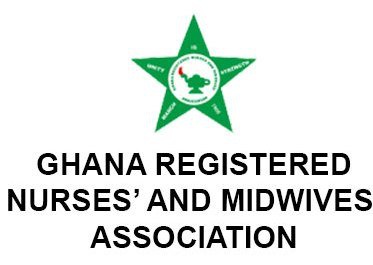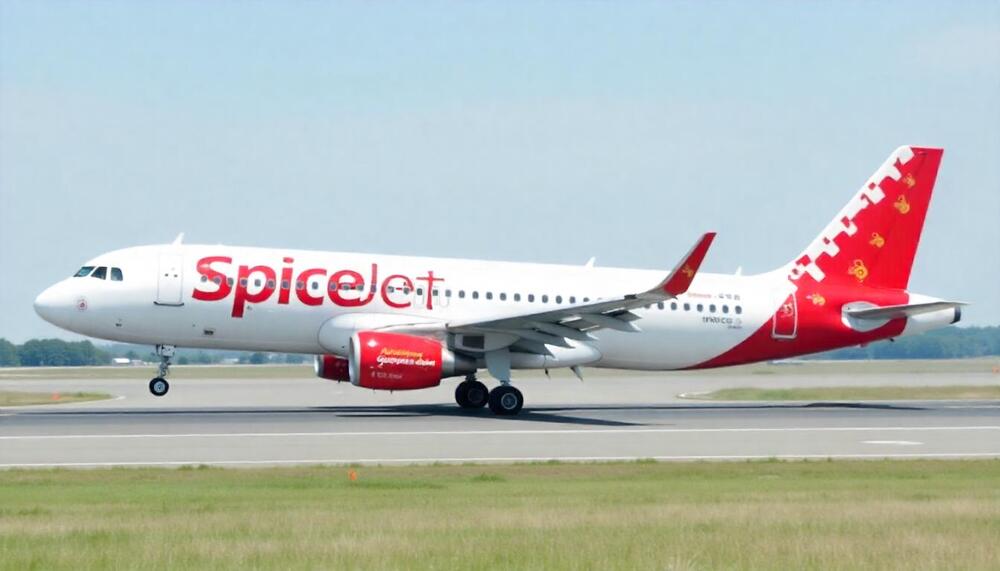US Tourism May in Crisis This Summer, Now New Travel Ban, Advisory, Surge in Hotel Prices, Scarcity in Jobs, No Kings Protests Against Trump and Tariff Trade War Loom this June, What It Means for Tourists from Canada, Australia, New Zealand, UK, Japan, Brazil and South Korea - Travel And Tour World
Sunday, June 15, 2025

US tourism may be heading into crisis this summer, and all signs point to growing instability. A new travel ban could be the beginning. Meanwhile, a fresh travel advisory rattles confidence, just as a surge in hotel prices sends shockwaves across major tourist hubs. However, that’s just the surface. Scarcity in jobs has sparked tensions on the ground. The escalating “No Kings” protests against Trump’s policies add further layers of unrest, erupting across cities as summer kicks off. Add a looming tariff trade war to the mix this June, and the future looks uncertain for international travelers.
Canada, Australia, New Zealand, the UK, Japan, Brazil, and South Korea—key tourism markets for the US—are now watching closely. What does all this mean for their travelers? Could their plans be upended by geopolitics, economic friction, and civil dissent?
As these developments collide, tourists from Canada, Australia, New Zealand, the UK, Japan, Brazil, and South Korea must navigate the turbulence carefully. The very promise of a summer escape to the United States is now shadowed by policy shifts and price hikes. Will the US still be the dream destination it once was—or is the American vacation under threat this season?
The answers lie just ahead. And the travel world is holding its breath.
– 20.24 million visitors
– 16.99 million visitors
– 4.04 million visitors
– 2.19 million visitors
– 1.99 million visitors
– 1.91 million visitors
– 1.84 million visitors
– 1.71 million visitors
– 1.70 million visitors
– 1.63 million visitors (As per 2024 tourists statistics)

The U.S. travel industry is facing its most complex crisis in decades. From expanding travel bans to mounting safety concerns, and now a surge in hotel rates, the ripple effects are undeniable. This perfect storm of challenges is already changing the face of tourism across the United States.
While 2025 began with hopes of a full international tourism recovery, those dreams now teeter under pressure. And the latest headlines only intensify the concern.
In a move with global repercussions, the U.S. is now considering expanding its controversial travel ban to include 36 additional nations. This includes 25 African countries along with regions in the Caribbean, Central Asia, and Pacific Islands. Among them: Egypt, Djibouti, Cambodia, and Antigua and Barbuda.
The reason? The State Department cited poor documentation systems, visa overstays, and political instability. Affected governments have been given a 60-day window to comply with new U.S. requirements or face full travel restrictions.
The uncertainty surrounding this list is already impacting airline routes and visa issuance. And for travel operators targeting inbound tourists, the impact could be brutal.
Analysts warn that the proposed expansion could damage U.S. diplomatic relations and send a chilling signal to international travelers. After all, many of the targeted countries have growing middle-class travelers who contribute significantly to global tourism spending.
According to the World Travel & Tourism Council, foreign tourism spending in the U.S. is expected to fall by $12.5 billion in 2025 if the travel ban expands. Destinations like New York, Miami, and Los Angeles, which rely heavily on global visitors, are already feeling the early pinch.
Meanwhile, the U.S. has updated or issued new travel warnings for several countries, citing crime surges or instability. From the Dominican Republic to parts of Europe and Asia, travelers are reconsidering plans or opting for domestic vacations instead.
But even U.S. domestic travel is experiencing turbulence.

Recent high-profile airline incidents—including a Boeing Dreamliner crash and recurring concerns over older aircraft—have triggered a wave of passenger anxiety. Flight bookings have slowed, particularly for longer-haul international trips.
With airline safety under scrutiny, confidence in U.S. aviation leadership has eroded. Experts fear this could have long-term implications, not just for carriers but for tourism-dependent cities as well.
As international tourism falters, the U.S. hotel industry is banking on domestic travel. But the rise in hotel prices has begun pricing out many American travelers.
In May 2025, luxury hotel rates increased by over 7.1%, driven by rising demand in fewer open markets. Meanwhile, mid-range and economy hotels are struggling to compete. The pricing imbalance has left budget-conscious travelers scrambling for affordable options.
Hotels in tourist hubs like Orlando, San Francisco, and Las Vegas report last-minute cancellations as guests balk at $400+ nightly rates.

International visitor traffic from the UK, Germany, South Korea, and Canada is down by double digits. This slump directly affects airports, rideshare services, restaurants, and attractions.
Cruise terminals, once bustling, are quieter. Shopping districts are losing foot traffic. And for every cancelled trip, hundreds of dollars in local spending vanish.
The concern is real: if foreign visitors no longer feel welcome, or safe, the economic consequences could stretch far beyond summer 2025.
To mitigate the disruption, airlines are launching discount fares and free rebooking policies. Hotels are offering bonus-night stays and package deals to entice hesitant travelers.
But travelers are cautious. Many are booking shorter trips with flexible cancellation policies. The era of planning six months ahead seems to be over, at least for now.
The U.S. tourism industry stands at a crossroads. Rebuilding international trust will take more than marketing campaigns. It requires consistent safety, fairness in policy, and hospitality that truly welcomes the world.
Unless urgent steps are taken, the U.S. risks losing its hard-won place as a top global destination. For travelers, the landscape has changed—and so have the rules.
Whether you’re a hotel investor, travel agent, international visitor, or American exploring your own backyard, the message is clear: Stay informed. Travel smart. And prepare for the unexpected.











